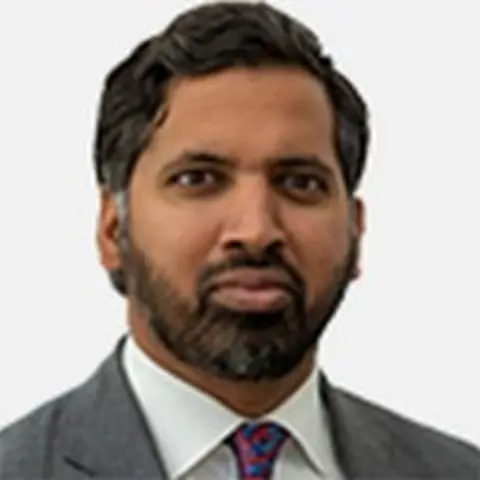Faisal Islam: Truss is still PM, but Trussonomics is dead

 Getty Images
Getty ImagesThe word U-turn normally refers to the reversal of a policy.
And by any measure, Prime Minister Liz Truss' decision to scrap the cancellation of her former leadership rival Rishi Sunak's rise on corporation tax is one of the biggest fiscal U-turns on record.
Over five years, it is worth £67bn, the biggest single revenue measure of the mini-budget.
But U-turn doesn't really adequately capture what we have seen today.
This is not about the extraction of a serving chancellor across the Atlantic from important meetings at the International Monetary Fund in Washington DC. This is the almost total capitulation of the economic philosophy that became known as "Trussonomics".
The totemic heart of it was the idea that lower corporation tax would pay for itself with higher growth. The prime minister has now, in an emergency, not just hiked corporation tax, but presumably now agrees with the analysis, the so-called Treasury "orthodoxy" that it will credibly and permanently raise tens of billions of pounds.
Today's developments have been inevitable since the mini-budget. The die was cast in fact within three days, when sterling fell to a record low and borrowing costs rose by record amounts, endangering some funds that service the pension industry.
On that day, the Bank of England insisted that the chancellor fully uses the official forecaster (the Office for Budget Responsibility), which had been side-lined from the mini-budget, meaning there was no fudging the numbers.
The Bank's refusal to extend emergency lending past Friday also helped bring the matter to a head.
Regaining lost credibility in the markets is not an easy task for incoming Chancellor Jeremy Hunt, who will deliver the next iteration of the government's economic plan on 31 October. Some significant ongoing economic scars in the form of an extra UK risk premium on borrowing across the economy, from mortgages to business loans, remain.
But the "bean counters", and "abacus economics" that Liz Truss derided during the Conservative leadership campaign, are now firmly back.
